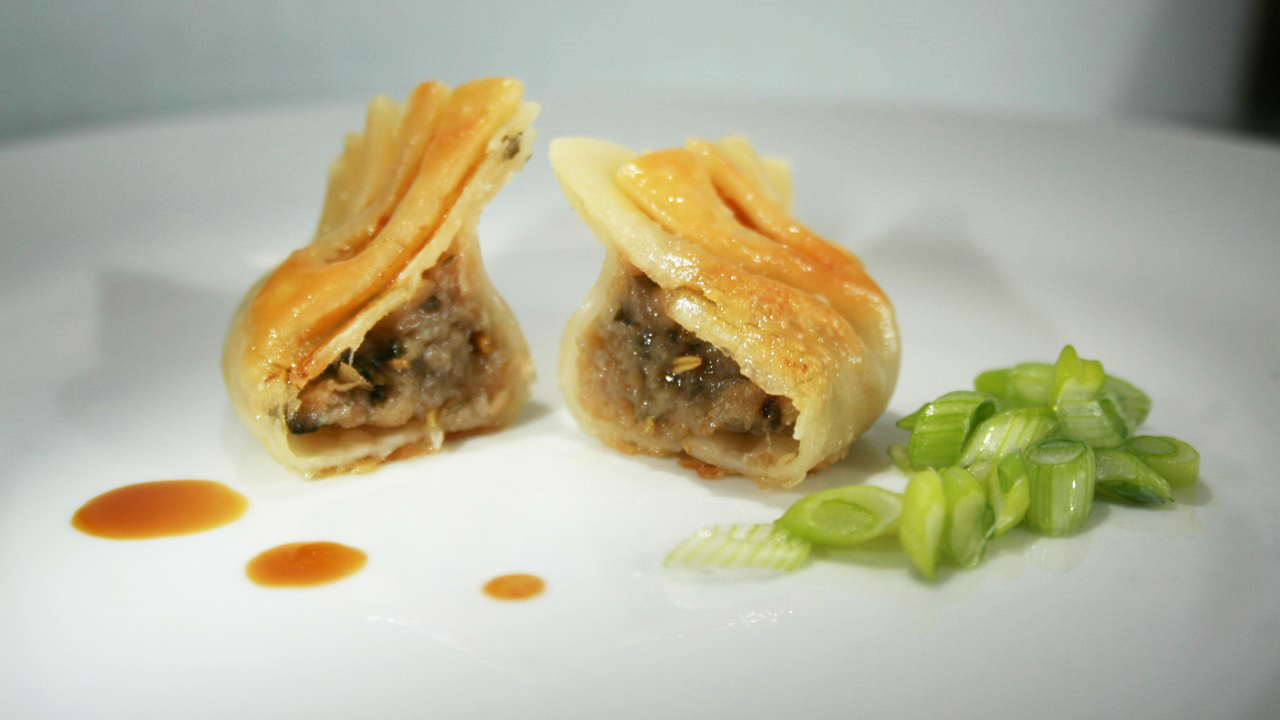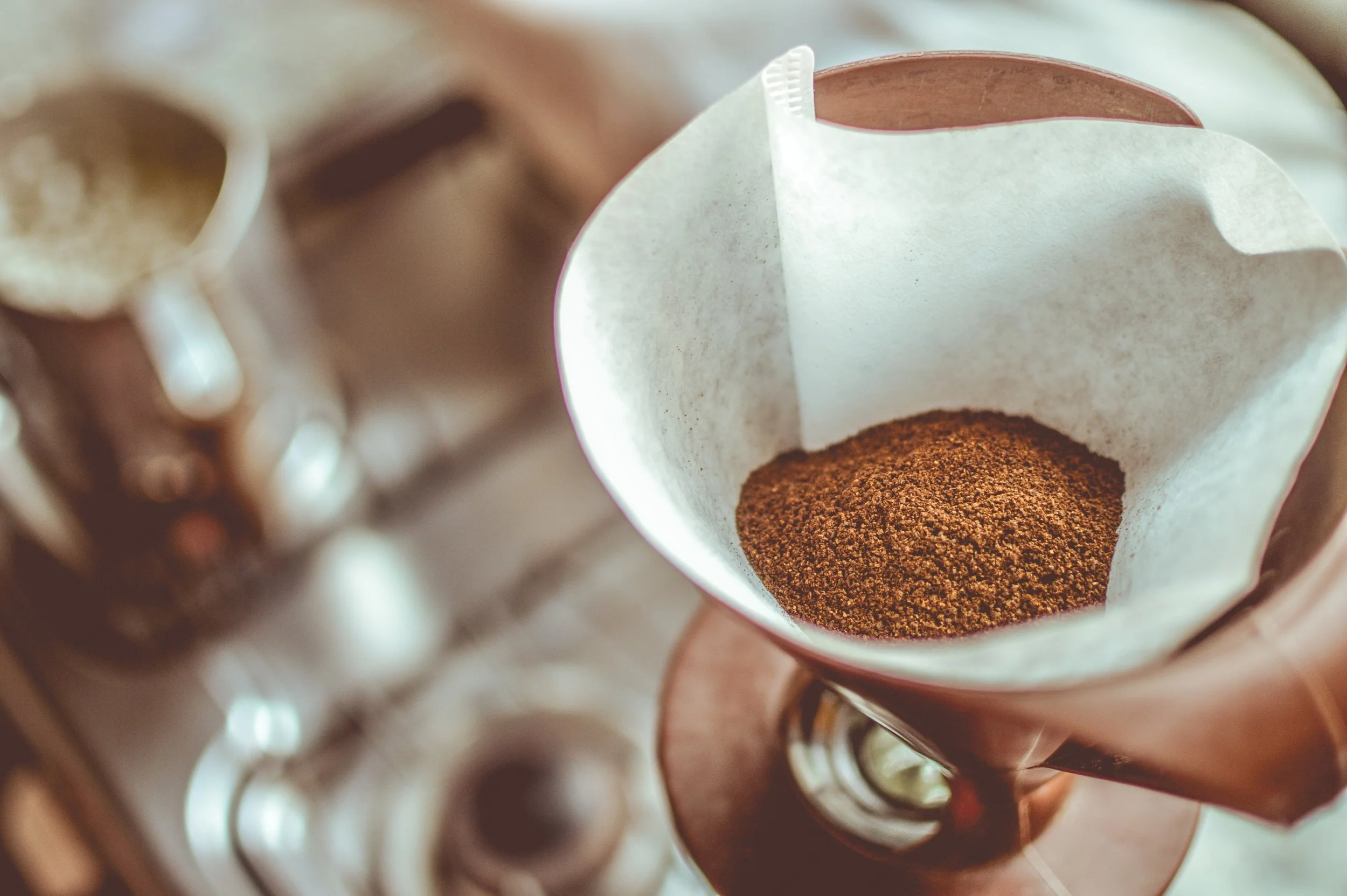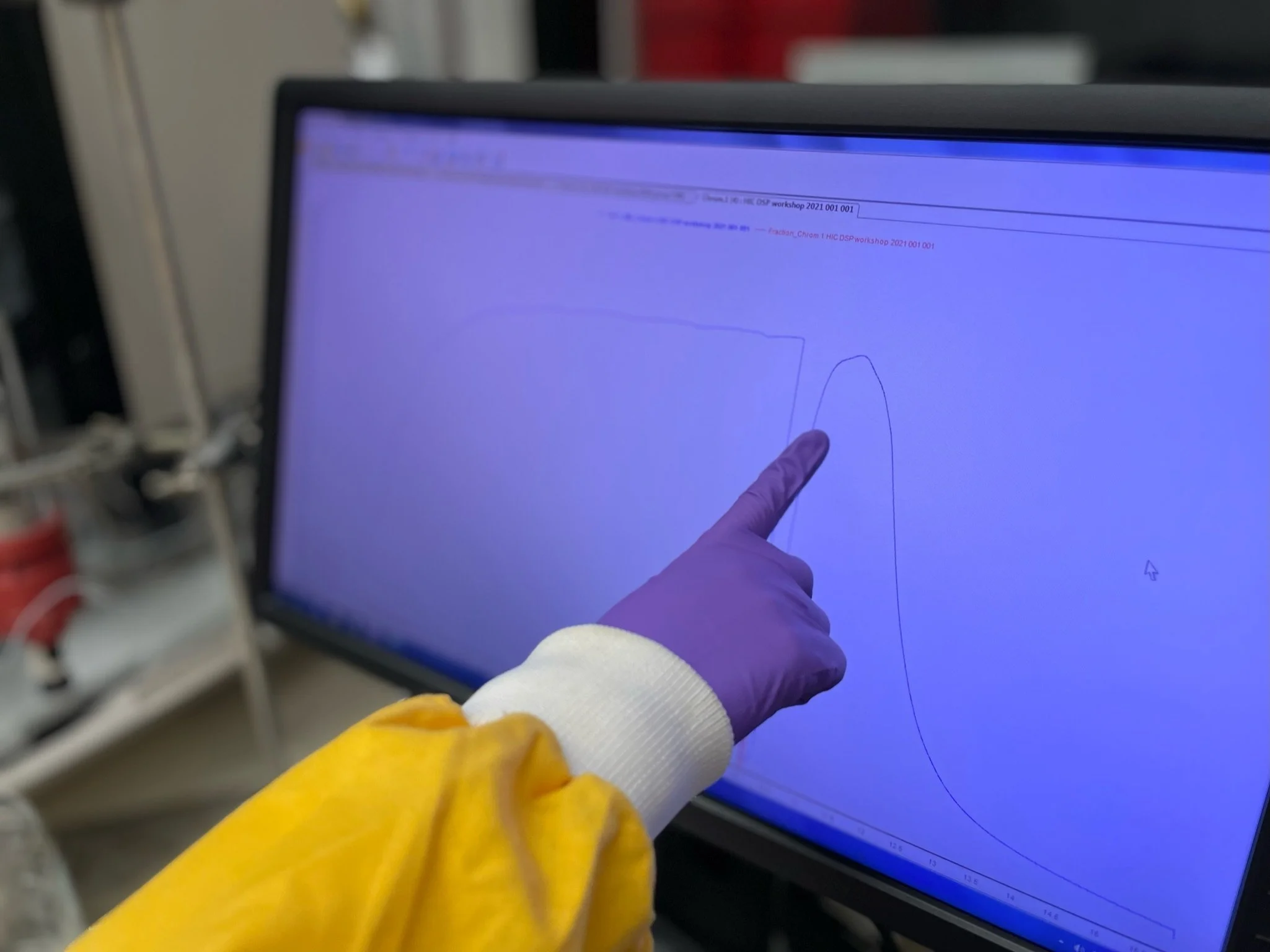Valorisation of co-products from the potato growing industry
Funding from IBioIC’s Feasibility Fund enabled Grampian Growers to work with Professor Giovanna Bermano from Robert Gordon University and Dr Gordon McDougall of The James Hutton Institute to assess the feasibility of valorising potato haulms as feedstocks for ingredients and high value products for global markets.
Microbially mediated biological treatment of primary effluent from H2OPE fertiliser production
This project investigated the feasibility of miniaturising and optimising the biological treatment of the wastewater effluents from SEM biofertilizer process.
Microbial Bioproduction of Chemicals from Bread and Potato Waste Carbohydrates
Funding from IBioIC’s Feasibility Fund enabled C-Source Renewables and Stephen Wallace from the University of Edinburgh to work together to assess the potential for bread and potato waste generated from food waste to be used as a viable glucose replacement for the bioproduction of three chemicals used to make valuable industrial products which are currently manufactured from diminishing fossil resources.
Separation of Organic Platform Chemicals from Spent Lees
Successful project to assess the feasibility of extracting platform chemicals from spent lees delivers a valuable new feedstock, a bespoke analytical tool, additional product streams and evidence to substantiate the company’s green credentials.
Scale-up of livestock iPSC cultures for cultivated meat
This successful project advanced the development of cell lines for cultivated meat and enabled the team to win additional funding to run further projects.
Coffee waste as a source for bioenergy productions
This Feasibliity project by Artisan Roast, University of St Andrews, and Energy Recovery Systems Ltd demonstrated that coffee grounds are a profitable replacement for wood as a source for bioenergy.
Partnering for the commercial scale-up and development of novel cultivated meat products
IBioIC awarded Innovation Funding to Roslin Tech and University of Edinburgh to work on this successful project, which resulted in significant cost reductions for the company and provided multiple opportunities for the university to present their research.
Enhancing the purity of speciality seaweed products
Marine Biopolymers (MBL) is a Scottish SME whose focus is on extracting high value components from brown seaweeds for use in a range of applications such as food and pharmaceuticals, but also in different industrial application areas, where the use of natural polymers is growing fast.
Development of an assay for measuring levels and composition of Omega-3 in a variety of sources
Fatty acids are traditionally obtained by extracting oils from plant, fish, or animal tissues, however, the composition in these sources generally depends on the season and location. There is a requirement to find alternative sources to meet the growing demand across the food, pharmaceuticals and cosmetic industries.
Overcoming barriers to sustainable production
Scottish biotechnology company ScotBio has developed an environmentally-friendly way of boosting the production and stability of the natural blue pigment phycocyanin, opening the door to access new global markets.
Accelerating scale up of the ABUNDA® bioprocess
As ENOUGH (formerly 3fBio) move mycoprotein production from their scale up facility in Glasgow to full scale production in the Netherlands, they wanted to design a suite of early diagnosis tests to determine when a batch of product is growing sub-optimally in the hope that issues can be mitigated and avoid reductions in the amount or quality of product.
Extending the analytical capability of affordable Microbioreactors
ŌGI Bio Ltd wanted to explore the feasibility of utilising the University of Edinburgh’s state of the art in-line dilution technology to extend the valid range of OD measurements for their microbioreactors.
Novel process for efficient bio-methanisation of waste- derived syngas
Owners of food waste AD plants are looking for alternative ways to valorise waste that contains both plastic and biobased substances. Carbogenics wanted to investigate whether fermentation from screening waste was possible and test a scaled-up version of their process for making biomethane from waste using bacteria.
Fish oil waste source for the production of bio based surfactants
This project investigated the feasibility of using oils extracted from fish industry waste to produce ingredients such as detergents and foaming agents for use in industrial products.
Analytical techniques for fungal morphology and nutrient feed composition in a food application
Improving the process for making sustainable meat alternatives at scale.
Innovative spoilage test for microbrewers
IBioIC project funding enabled The Antibody Company to develop a novel test that has the potential to substantially reduce spoilage issues for microbrewers.
Using microbes to produce supplements for animal feed
New technology may help reduce carbon emissions for the agriculture and aquaculture industries.
Bioprocess Development for Sustainable Protein
3F BIO delivered their 18-month Proof of Concept programme whilst commissioning their equipment and operating systems within RapidBio, our facility in Glasgow.


















